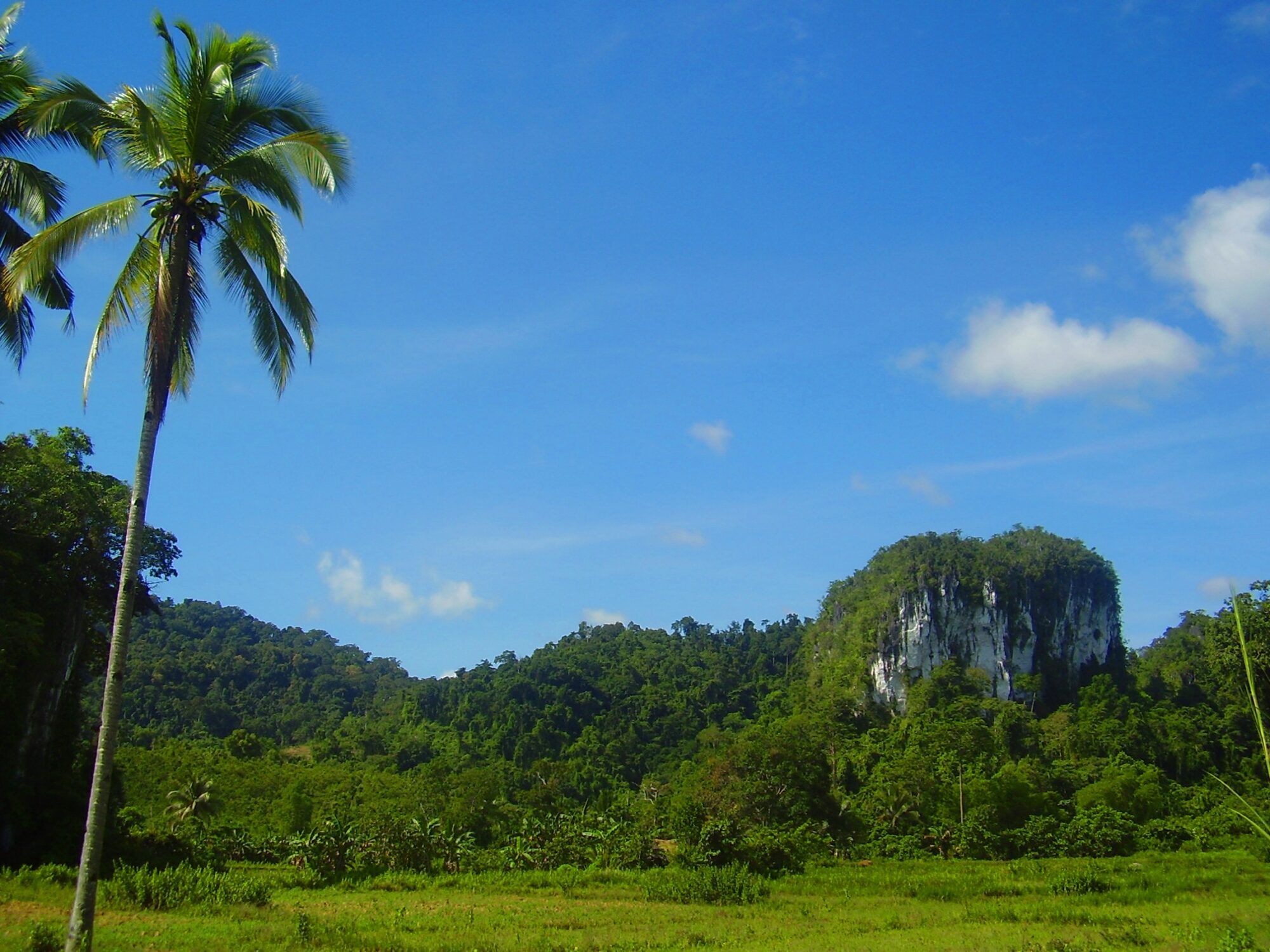It was the right call at the right time. A former colleague from the development industry gave me a ring one morning. “Claire, I’m in Bacolod!” she exclaimed. She was to attend the 8th International Conference and Scientific Meeting (ICSM) that was being held in Talisay City, the city north of Bacolod.
A few hours before that call, I woke up early to accompany one of the Trustees in the organization where I work for a TV guesting at the local morning show. In the same episode, the host also interviewed the president of the Philippines Network of Educators on Environment (PNEE) and students of the Carlos Hilado Memorial State College, co-organizers of the 8th ICSM. When I heard them say that their guest speaker would be ABS-CBN Lingkod Kapamilya Foundation, Inc. Chairperson Gina Lopez, I instantly thought of my friend.
And there she was at the other end of the line, telling me about the conference. After a few chit-chat, she asked me to join her at the conference venue and invited me to listen to Ms. Lopez who would be speaking that day. I readily agreed as our organization also supports environmental projects and I personally have a strong conviction in helping endeavors leaning towards saving the environment.
As Ms. Lopez arrived, she was immediately introduced to the audience and readily took the stage. Her first lines were “I am convinced that we can get our country out of poverty.” As silence greeted her, she added, “What I plan to do in the next 25 years is to build model communities.”

What she presented next were interesting as she showed case studies of communities, which have tourist attractions in their area that drives visitors, yet have not alleviated these communities from poverty. But through the help of the ABS-CBN Foundation Bantay Kalikasan’s Green Initiative, these communities were trained on how to develop their areas; how to be social entrepreneurs; and how to be ecological warriors through their sustainable eco-tourism projects.
1. Ugong Rock, Palawan
Families living in the area used to have difficulty sending their children to school. This despite the fact that they have centuries-old rock formation in the area that could be an attraction to tourists. ABS-CBN Foundation helped the community in putting equipment for spelunking and zip lining. Locals benefit directly from all the earnings received from visitors. Now, they earn from USD200 to USD400 a month and their savings increase year after year.

2. Iwahig River and Firefly Watching
The place is more popular as a penal colony. But with many social enterprises in the area, Iwahig has become a tourist destination in itself. Like Ugong Rock, the community has increased its earnings since ABS-CBN Foundation helped them develop their eco-tourism activities.

3. Sibuyan Island, Romblon
I have joined one of the maiden voyages of the Foundation last year and I was amazed at the rich biodiversity in the island, particularly with its many waterfalls.

4. Sarangani
Have you ever tried white-water tubing? This is one of the adrenaline rush adventures that await you in Pangi River in Sarangani.
5. Mindoro
Visit the Silonay Mangrove Conservation and Eco-Park and orient yourself on the important role of these mangrove trees in our ecology. You can also visit Tukuran Falls or snorkel in Maestre de Campo.
They are also developing model communities in Sorsogon, Masbate, Samar, Leyte, Guimaras and other areas in the country. The basic requirements for these projects are 1. they benefit the community; 2. they save the environment; 3. they enhance the creativity of the people. For the communities, Lopez challenges them to be fully transparent, especially when it comes to opening their books, to be fully committed to the project, and to be good role models for others to emulate.
After her presentation, I felt the hunger to explore the other areas in the Philippines which have not been frequented by tourists and to support the initiatives of the communities in uplifting their lives and in taking them out of poverty. Surely, responsible traveling should be able to create a positive impact on our ecology and to our society.
